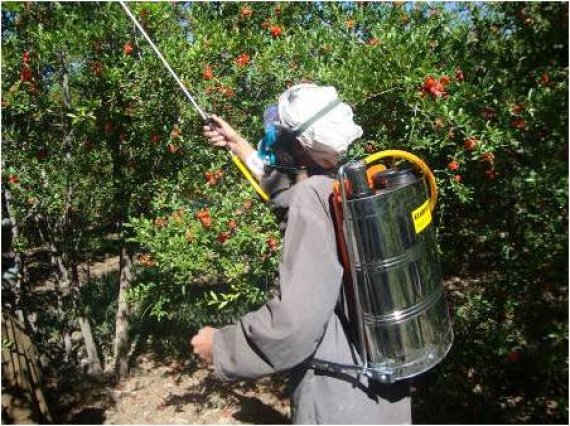An international research team including Wageningen researcher Stephen Sherwood asked hundreds of experts in the field of Integrated Pest Management (IPM) why that is. For the first time, they asked experts in developing countries as well. And this produced new insights.
Western experts have been saying for years that the introduction of IPM in the Third World is hampered by farmers’ lack of knowledge, as well as by the lack of stimulating policies in these countries and inadequate information supply. These things certainly play a role, noted Sherwood and his colleagues, who drew up a list of 50 obstacles to biological crop protection. But the experts in developing countries highlight other obstacles which are more significant in their practice.
Not profitable
Firstly, they point out the need for concerted implementation of biological crop protection over a wide area. After all, diseases and pests can easily spread from one small-scale farm to the next. This point has been overlooked in the literature to date, say the researchers. Secondly, biological crop protection in developing countries is more difficult to introduce because in some cases its costs outweigh its benefits. This criticism of the technique itself in developing countries is new, too, because it is one that is seldom heard from western experts.
If IPM is ever to catch on in developing countries, we need to take this criticism into account, write the researchers in the journal PNAS.
In passing, the researchers cast new light on a familiar argument put forward by the proponents of biological crop protection, namely that IPM does not get off the ground because of lobbying by the chemical industry. That lobby does exist, say the experts, but they believe the shortcomings of IPM pose a greater obstacle.

